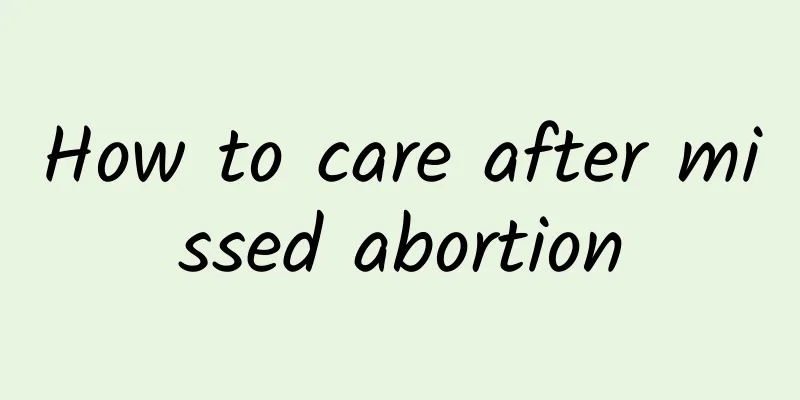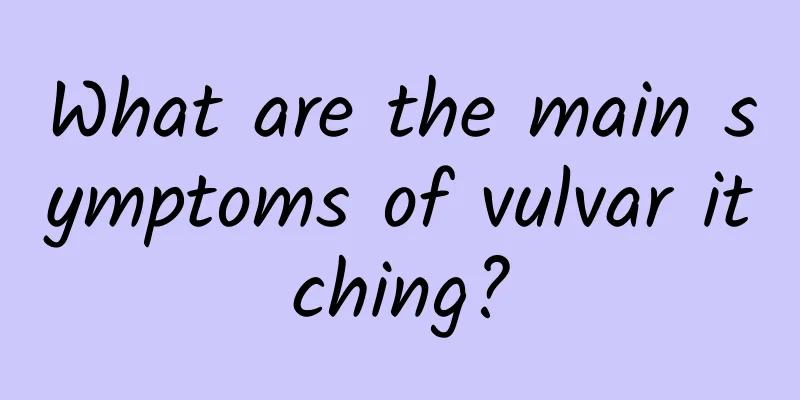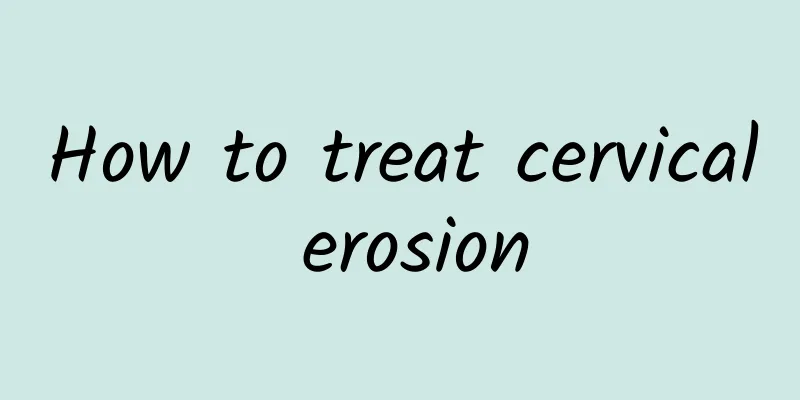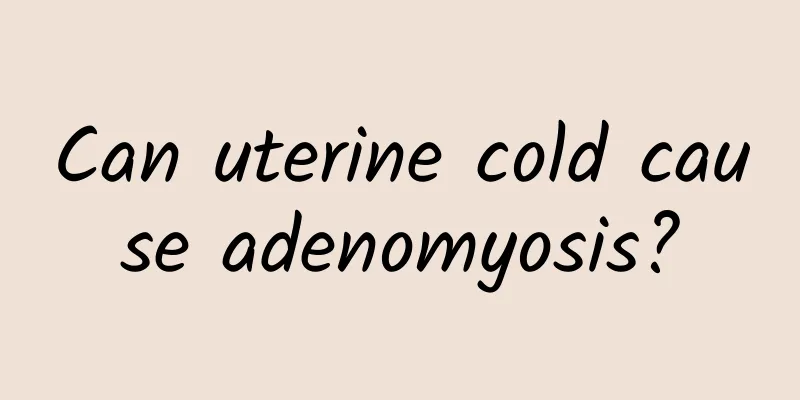Can uterine fibroids heal on their own?
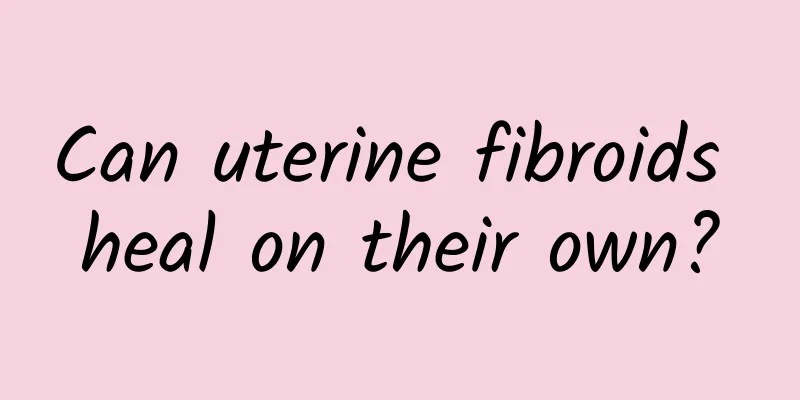
|
Uterine fibroids cannot heal on their own. However, this does not mean that all uterine fibroids require treatment; much depends on the size and location of the tumor and the symptoms it causes. The formation of uterine fibroids is closely related to women's hormone levels, especially estrogen. During the childbearing years, as estrogen levels fluctuate, uterine fibroids may gradually grow. When women enter menopause, estrogen levels drop, and some uterine fibroids may stop growing or even shrink, but this does not mean that they will heal on their own. For uterine fibroids that are asymptomatic or have mild symptoms, doctors usually recommend a watchful waiting strategy with regular examinations to monitor their growth. This conservative management approach does not mean that the fibroids have healed on their own, but rather avoids unnecessary treatment based on their slow growth and low chance of malignancy. If uterine fibroids cause obvious symptoms, such as irregular menstruation, pelvic pain, compression symptoms, or affect fertility, active treatment is required. Treatment methods include medication to relieve symptoms, or surgical removal of the fibroids or even the uterus. The specific plan should be determined based on the patient's age, fertility needs, and the specific situation of the fibroids. In addition to medical treatment, lifestyle adjustments can also help control the growth of uterine fibroids. Maintaining a healthy diet, reducing the intake of high-fat foods, increasing the proportion of fruits and vegetables, maintaining a proper weight, and exercising regularly can slow down the growth of fibroids to a certain extent. Although uterine fibroids cannot heal on their own, through reasonable medical observation and treatment, as well as lifestyle adjustments, most patients can effectively control the disease and maintain a good quality of life. It is important that regular check-ups and communication with doctors are the key to ensuring health. When facing uterine fibroids, we should maintain a scientific attitude, neither panic nor ignore its potential risks. Under the guidance of a doctor, choosing the most suitable management strategy is a solid step for every patient to move towards health. |
<<: Is 20mm of pelvic effusion serious?
>>: What is the differential diagnosis of ovarian cysts? What are the symptoms of ovarian cysts?
Recommend
To lose weight, you must first enjoy being “thin”! 5 must-eat foods for leptin
The year is coming to an end and restaurants have...
How Bacterial Vaginosis is Spread
Bacterial vaginosis is a stubborn disease that is...
What are the effective methods to prevent adnexitis?
Among the female internal reproductive organs, th...
The calories are amazing! 100g tofu ≒ 1 bowl of rice
Food experts say: "Processed 100-sheet tofu ...
Dietary taboos for patients with bacterial vaginosis
If the vagina is not cleaned regularly, it is eas...
Is the fluid content of ovarian cyst good or bad?
There is no clear authoritative data to prove whe...
Why does edema occur? Does edema mean kidney problems? The answer is…
A while ago, I went to a coffee shop to type a ma...
Eating oats to lose weight is popular! Remember 4 small details first
What is the best food to lose weight in summer? F...
Hollywood actresses love sports and have slim tips
Hollywood actresses always look dazzling when the...
Can wormwood fumigation of the vulva treat cervical erosion?
The age of cervicitis is mostly between 40 and 50...
How to prevent senile vaginitis?
We know that there are many types of vaginitis, a...
What causes female cervical erosion? Female cervical erosion is caused by 4 reasons
It is a very common phenomenon for women to suffe...
Treatment of pelvic inflammatory disease
Treatment of pelvic inflammatory disease: When wo...
Why is the menstrual period light and dark? 4 factors are the most important
Women's menstruation has important significan...
Abnormal symptoms after uterine fibroid surgery What are the treatments for uterine fibroids
It is necessary to understand the abnormal sympto...

